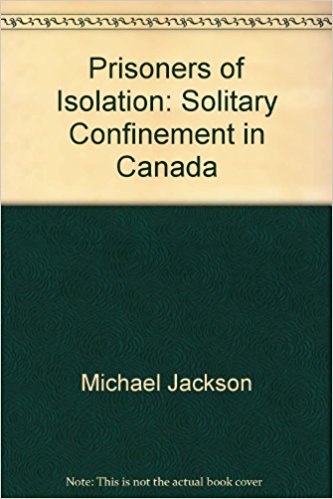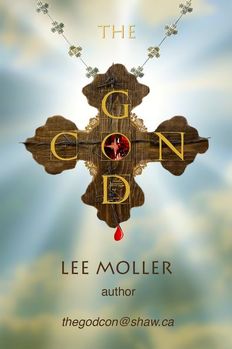 This is almost a law text book, written by a UBC law prof. Boring as hell, right? Not so. I have read a couple of books about southern US justice; seen movies Like Murder in the First and Brubacker; and know a little about the history of incarceration in the bad old days. I was surprised to find out that all that Dickensian stuff was happening in the 70's in my back yard… the BC Pen. In fact, it turns out that the BC Pen was the worst offender in Canada, and that it became ground zero for prison reform in Canada in the McCann case. The ideas and injustices make compelling reading and propelled me through the book pretty quick. The leading is tight, the font smallish (10 pt, I think), with little white space. So the 245 pages is a little deceptive. McCann and others were kept in the hole, sometimes for years, often based on blurry, arm-wavy accusations that amount to little more than "I don't like the cut of your jib". The hole is a hideous box, no windows, no furniture, just a mattress and a pisser… 23.5 hours a day. The irony of all this is obvious. Prisoners are jailed for breaking the law, and then they are subject to years of unlawful treatment… aka torture. McCaan put logical constraints in place. The rules used to use a binary distinction: administrative vs. judicial punishment. If something is "administrative", the administration can do whatever it wants without oversight. If judicial, then legal protections kick in. I find it amusing that, in the end, the only way to get past the rules they had created was to introduce the concept of "fairness" (aka the Fairness Doctrine"). It was like a six year old entered a room of lawyers and said, "Hey that's not fair!", and they saw the light. Near as I can tell, they just use the dictionary definition of the word. But it did not help. Canada built Kent as a model prison. The new post-McCaan regime was in place, and things got worse, as the administration and guards found ways to twist the new rules, use them as not intended, or ignore them all together. Changing institutions takes time. But a good start would be using cameras. A lot. And independent review and access to due process. If a guard or administrator does not follow the institutions rules, they get fired, not ignored or promoted. This is the same solution needed to clean up the RCMP, IOC, FIFA, and virtually every other body with power but no oversight. I sickens me that we, like the Germans in WW II, are seemingly easily able to ignore gross injustice as long as we cannot see it. The last chapter was an outline of the author's fix to the problem. I did not read it detail, in part because I have no idea how much of it made it into reality. My guess is not much. The penal system has two big problems in Canada: Basic fairness and lifers. You cannot expect people in jail, regardless of how guilty they are, to "get better" in any sense if they feel that system is more illegal than they are. Lifers are a problem too. Canada abolished the death penalty and replaced it with life terms (25 years). These prisoners are hopeless and present a special problem to SHU (Special Handling Units… the hole).
0 Comments
Leave a Reply. |
AuthorLee Moller is a life-long skeptic and atheist and the author of The God Con. Archives
May 2024
Categories
All
|

 RSS Feed
RSS Feed